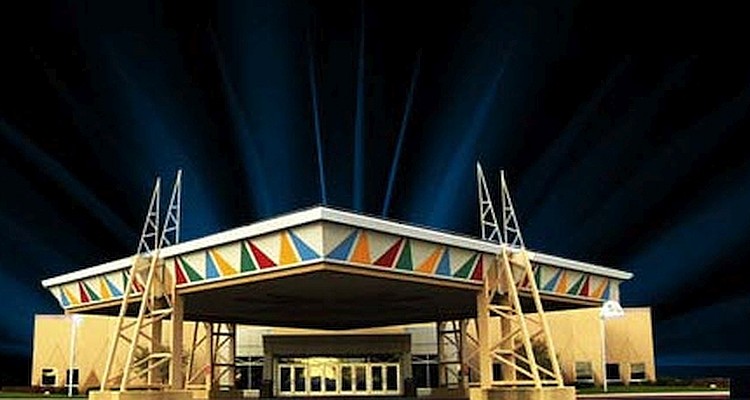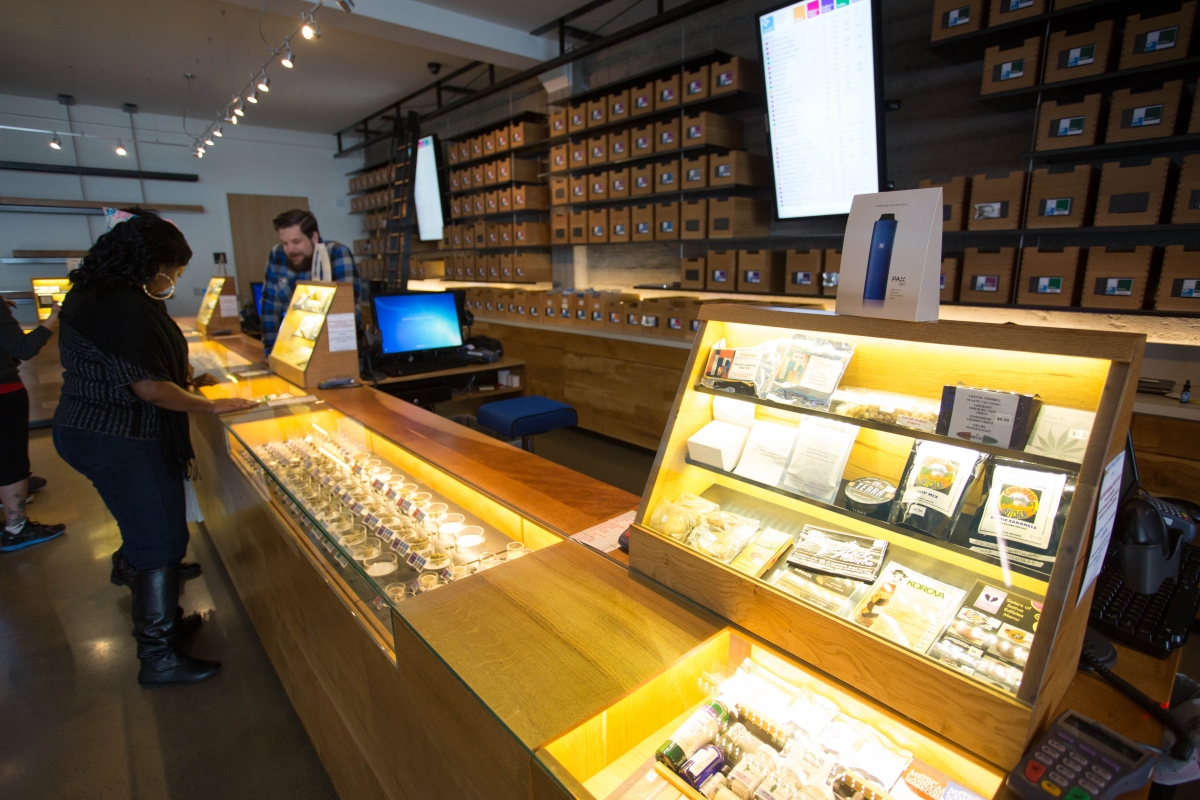What We Know About the Country's First Marijuana Resort

By:
A Native American tribe in South Dakota is looking to expand its sprawling enterprise of casinos and hotels in a way that no other tribe has done before: opening a marijuana resort.
The Santee Sioux tribe announced plans to grow and sell pot shortly after the U.S. Department of Justice authorized the venture in June, opening the door for the small tribe of 400 to boost revenue needed to fund community services, the AP reported. The tribe plans to open the resort on New Year's Eve, and already has requests coming in for the night, according to Al Jazeera.
Just as tribes have relied on casinos to raise money in the past, the Sioux community hopes that investing in a marijuana resort will produce profits that could make up for what they lost in the recession. The resort will feature a nightclub, arcade games, a bar, and a smoking lounge where visitors can choose from as many as 30 strains of cannabis, tribal President Anthony Reider said.
 World Casino Directory - worldcasinodirectory.com
World Casino Directory - worldcasinodirectory.com
"We want it to be an adult playground," Reider told the AP. "There's nowhere else in American that has something like this."
Indeed, if all goes as planned, it will be the first marijuana resort in the U.S., and though many tribes have been reluctant to enter into the marijuana business since pot remains federally illegal, the U.S. Justice Department's decision to allow the operation to go forward has sparked renewed interest in the industry. The Sioux tribe expects that the resort will generate up to $2 million in profits per month.
That's a lot of money, especially for a tribe that has historically struggled to finance community services such as housing, childcare, and medical programs. Tribal leaders from around the country, as well as South Dakota lawmakers, say that they will tour the resort once it opens.
"The vast majority of tribes have little to no economic opportunity," Blake Trueblood, the business development director at the National Center for American Indian Enterprise Development, told AP. For those tribal leaders, it makes sense that "this is something that you might look at and say, 'We've got to do something.'"
 Drug Policy Alliance - worldcasinodirectory.com
Drug Policy Alliance - worldcasinodirectory.com
In order to meet the demand for pot and cultivate a safe, high-quality product, the tribe has hired a Denver-based consulting firm, Monarch America, to learn the tricks of the trade and ensure that they are meeting federal government regulations in place for all states that have legalized marijuana for medical and recreational purposes.
There are also specific rules that the tribe has to follow: marijuana cannot leave the reservation; every plant must have a barcode; pot must be packaged and sold in one-gram increments, and if you want to buy another gram, you have to bring the packaging from the first one back. Marijuana has not been legalized in South Dakota, so these regulations are especially important for the Sioux venture to continue.
"In the long run, Reider is certain that the benefits will outweigh the risks of tribal marijuana enterprises," the AP reported. "The tribe, he said, must 'look at these opportunities because in order to preserve the past we do have to advance in the present.'"
